Four Loko to Change Label Under FTC Pressure: 7 Other Beverages the Govt Keeps Fighting
On Monday, the Federal Trade Commission announced a settlement with the company that markets “supersized, high-alcohol, fruit-flavored, carbonated” malt beverage Four Loko, which would require the drinks distributor to re-label and re-design its product’s cans. As part of the settlement, distributor Phusion Projects will include a warning on its products stating “This can has as much alcohol as 4.5 regular (12 oz. 5% alc/vol) beers.” It will also make the cans re-sealable, in order to suggest to consumers the entire can does not need to be finished in one sitting.
The announcement resolves a deceptive advertising claim the FTC had made against the company, which the FTC says was intentionally misleading customers into thinking the 24-ounce drink only contained as much alcohol as two 12-ounce beers.
The company denied the charge, saying it never compared the alcohol content of its products to any other beverages and that, in any case, its products clearly note the high alcohol-by-volume content. Phusion co-founder Jaisen Freeman said Monday that his company still feels the product was marketed without deception.We don't believe there were any violations,” Phusion co-founder Jaisen Freeman, said on a statement.
The FTC stood by its charge, noting in its statement that Phusion’s practice of instructing retailers to stock the cans next to 24-ounce beer products amounts to a direct comparison between products.
It is not the first time the FTC has targeted the company. In November of last year, after actions at the state and local level by other regulators, the commission sent out warning letters to Phusion and three other companies marketing caffeinated malt liquor drinks. All companies eventually reformulated their offerings to remove caffeine and any other stimulants from them.
Of course, it is not the first time government at various levels has acted to prevent a specific variation of an alcoholic product from reaching the public. The slideshow below contains five other cases where the state has looked to curtail, interfere with, or outright ban distribution of booze, for various reasons.
Click ‘Start’ to see the slideshow.
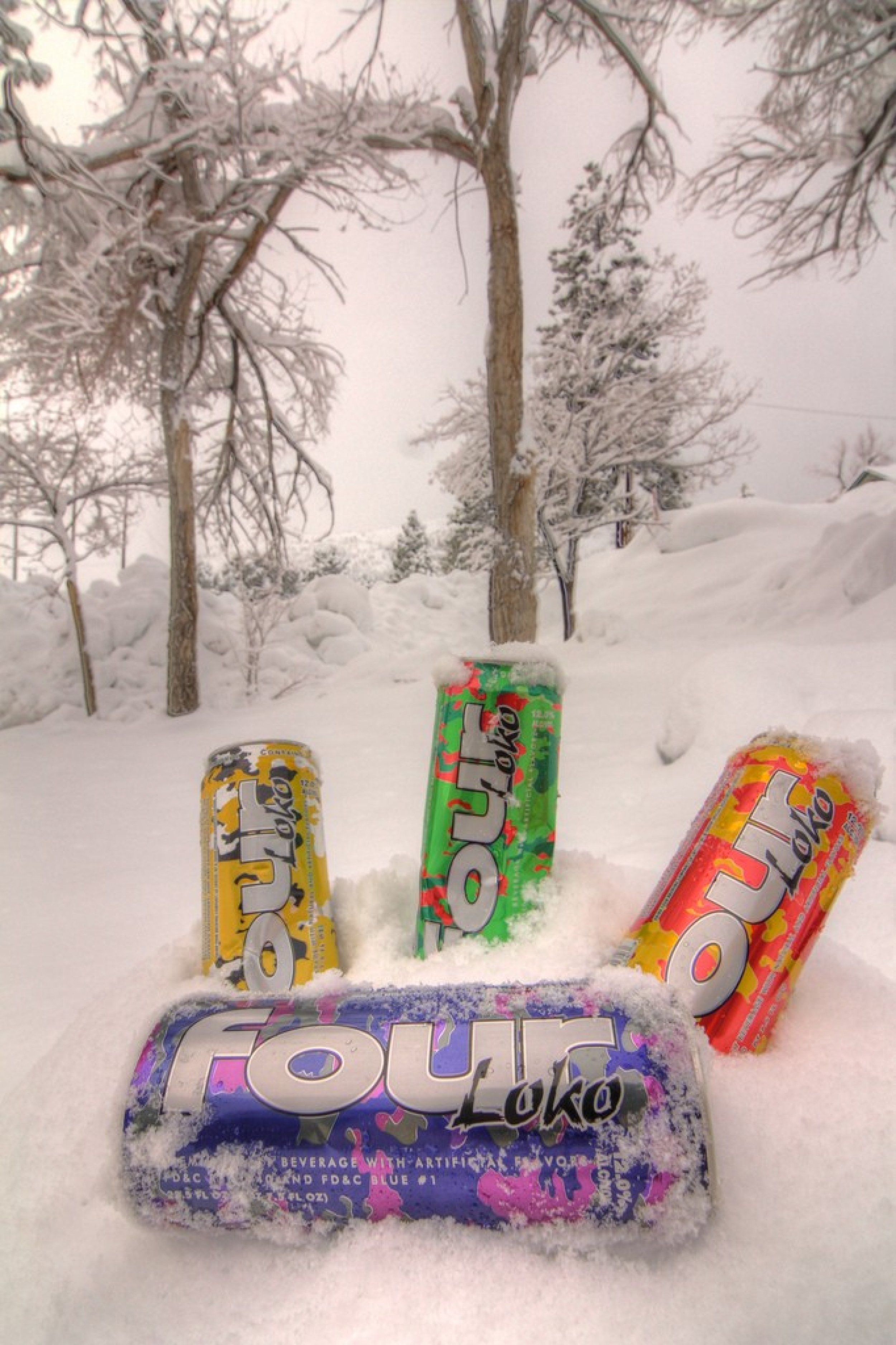
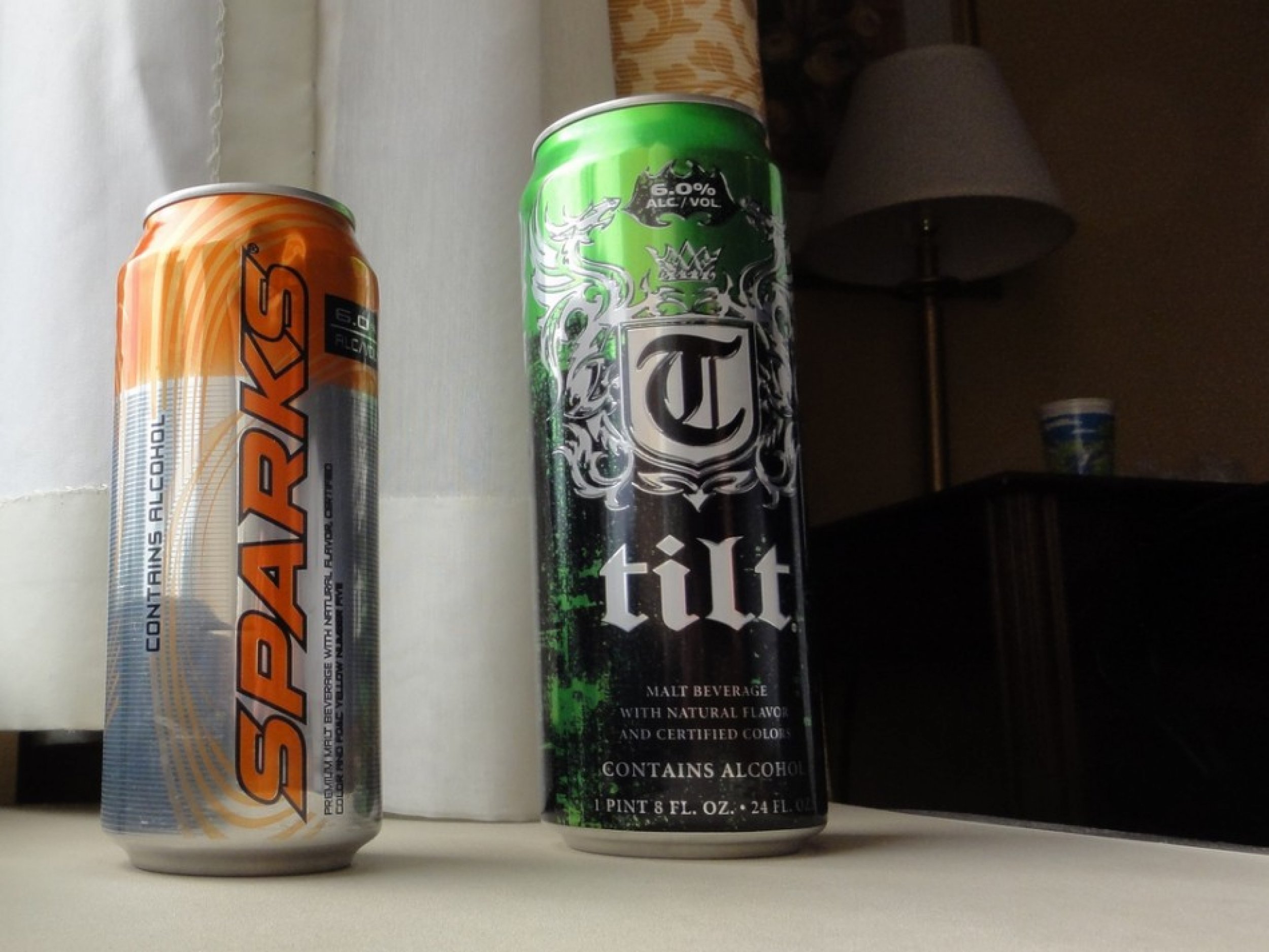
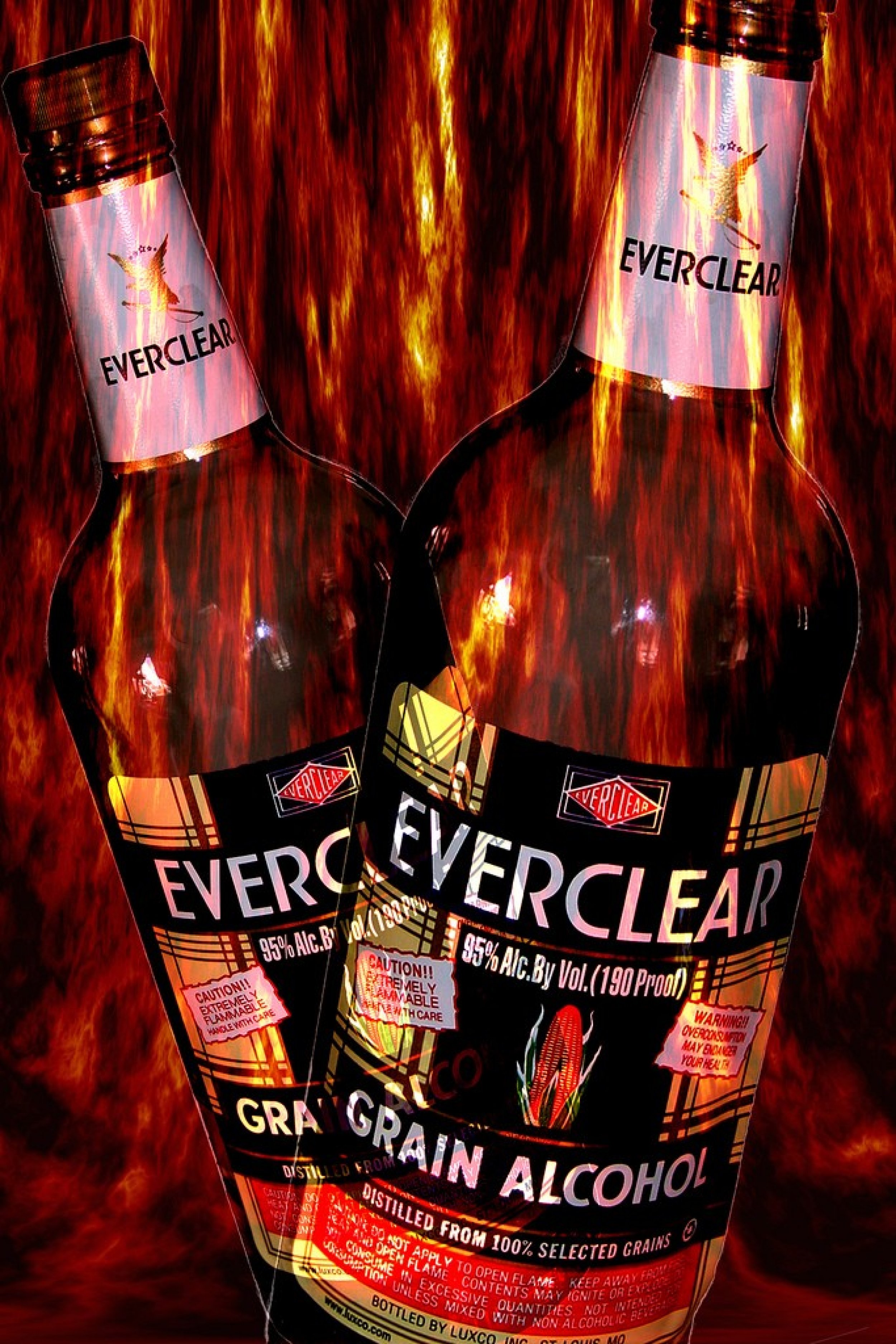
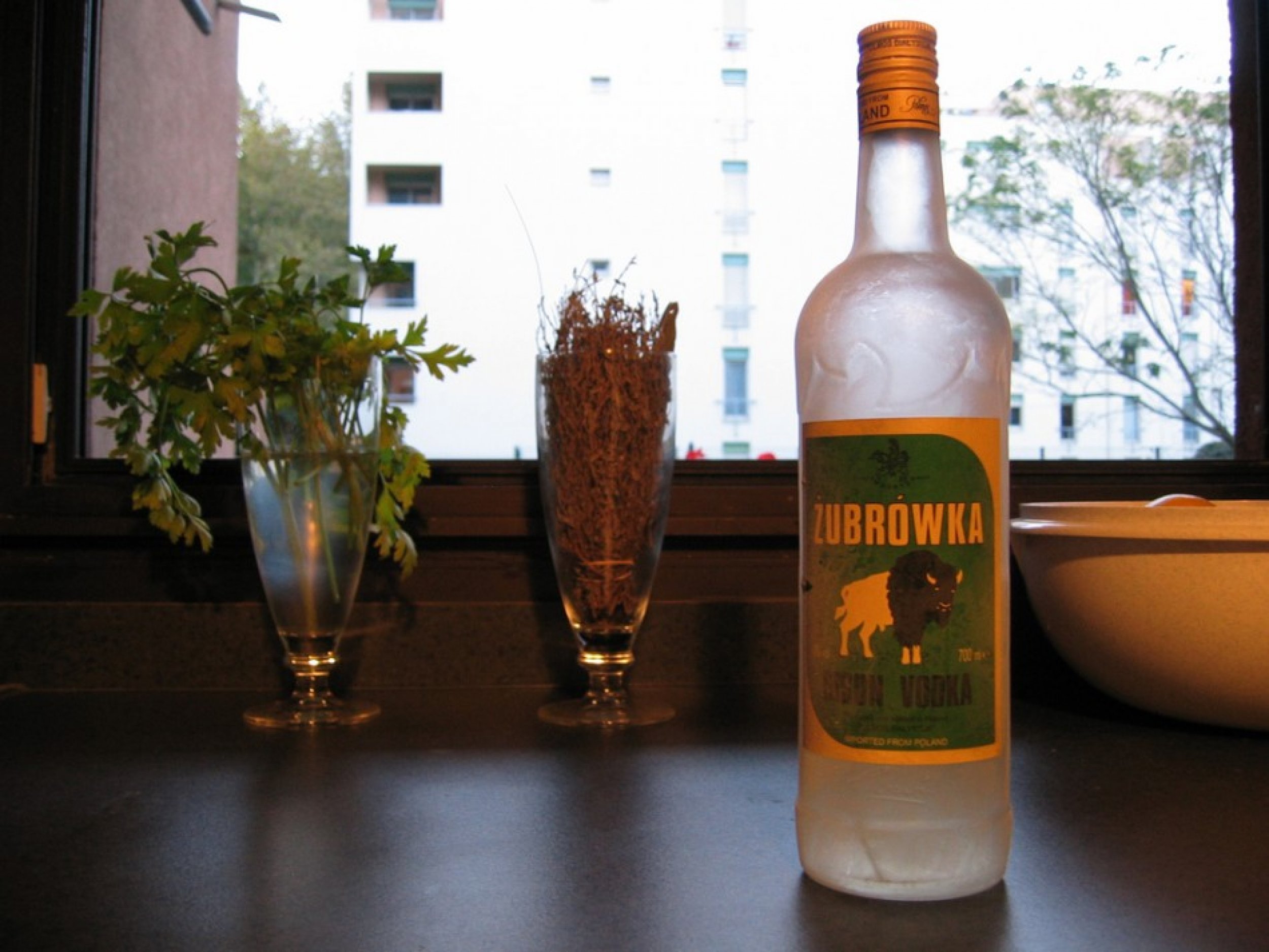
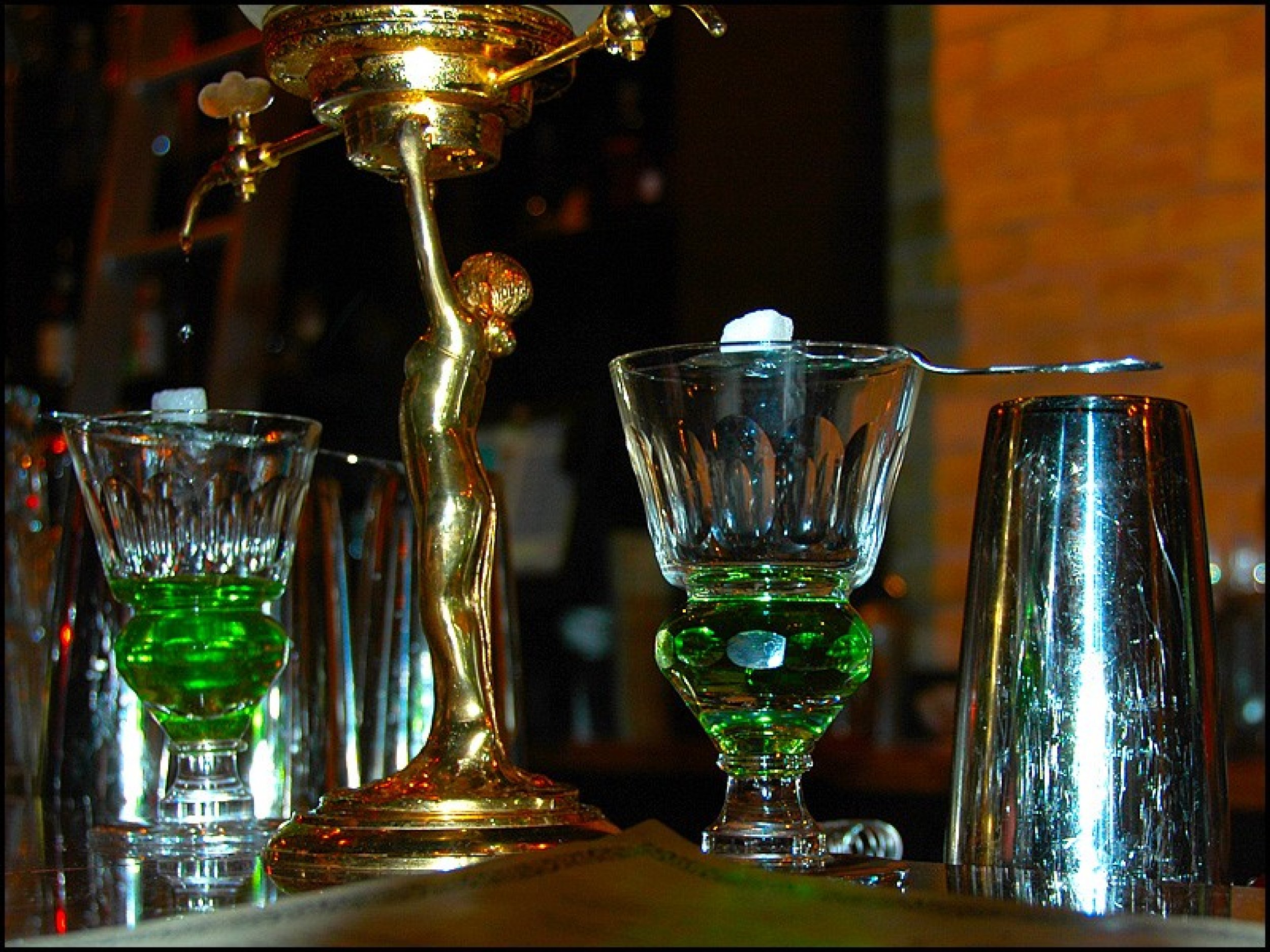
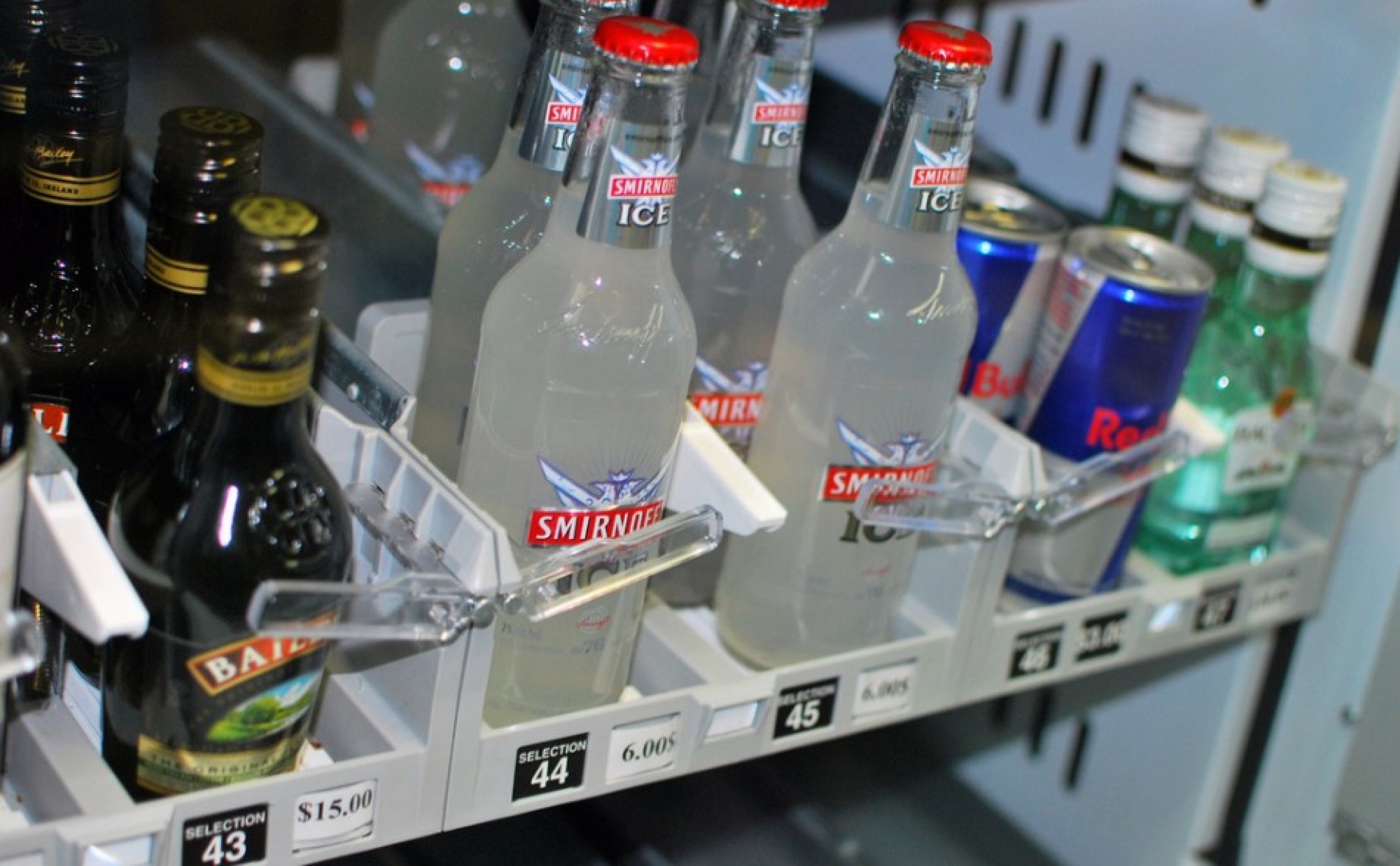
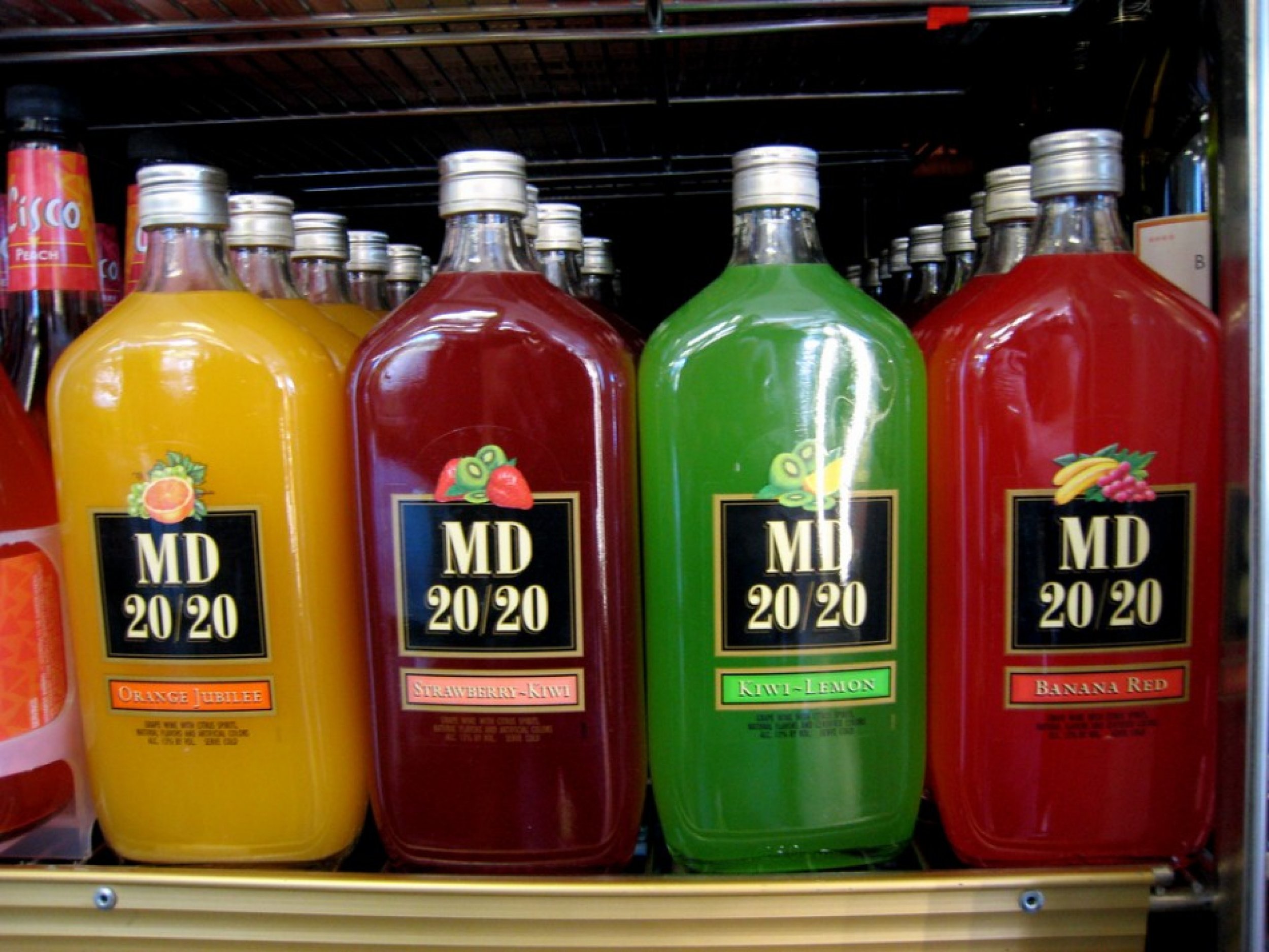
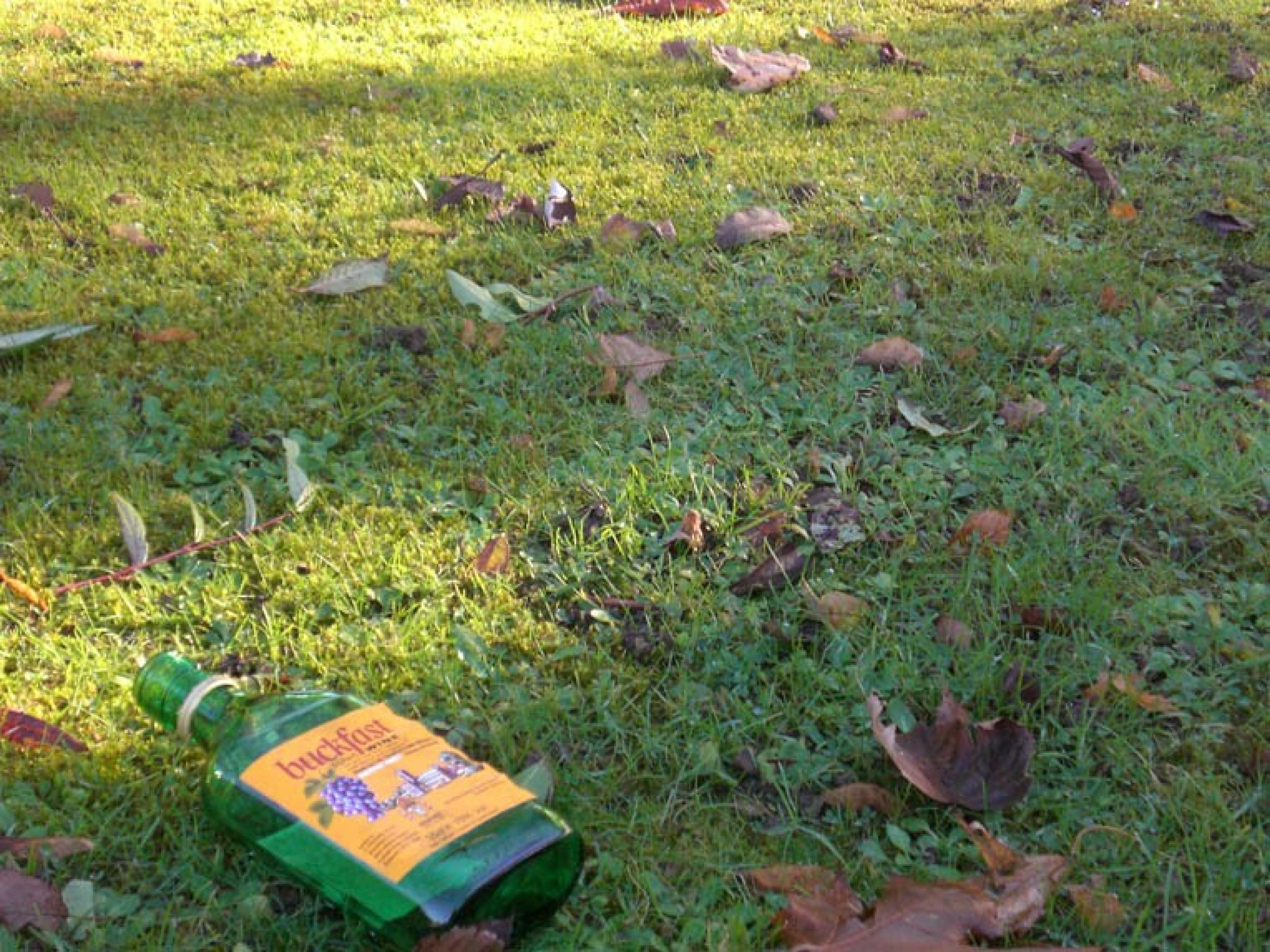
© Copyright IBTimes 2024. All rights reserved.











